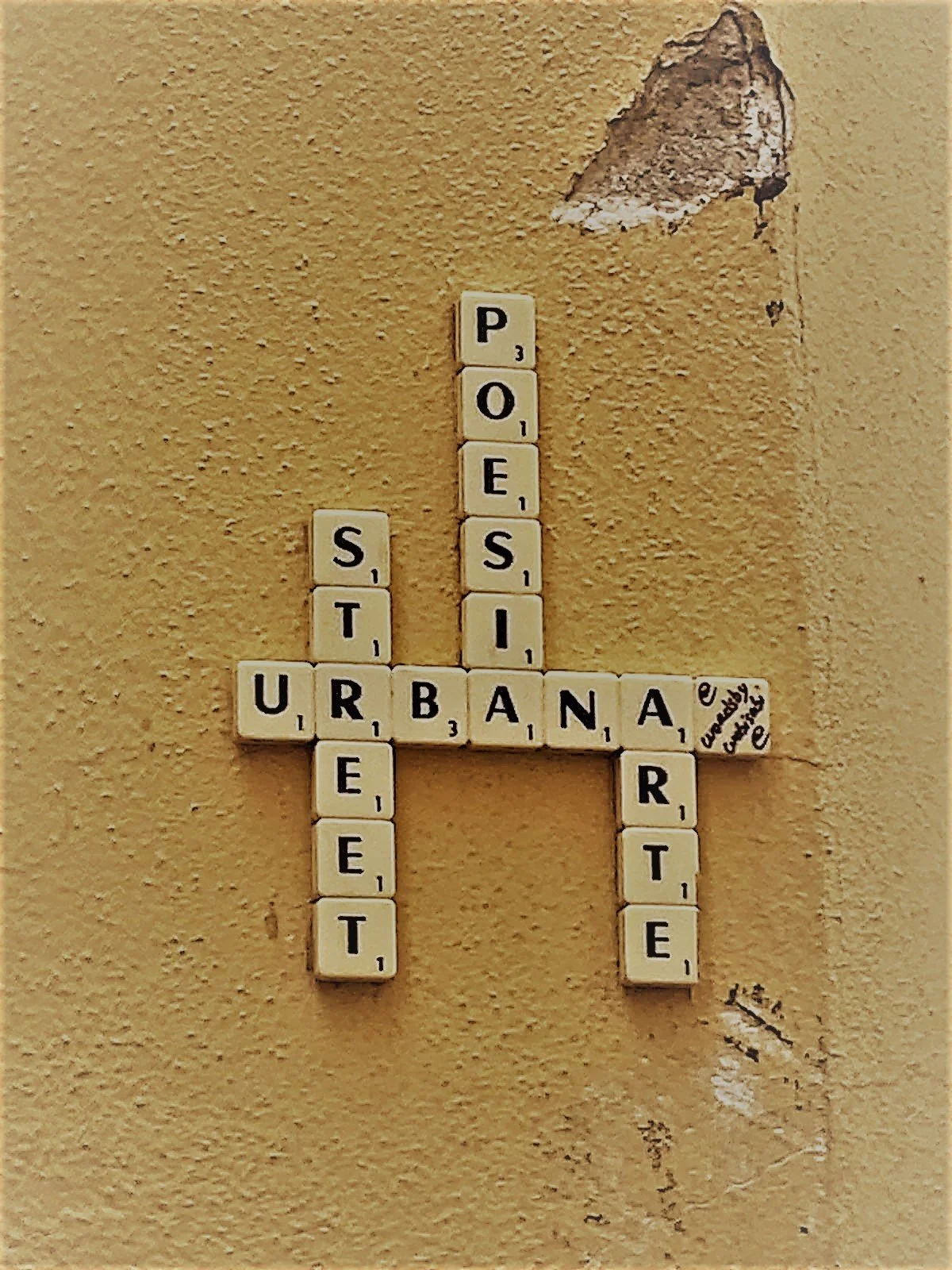High quality applied research.
Innovative tools and solutions.
Who We Are
TEZO Analytics’ core activities span the high quality applied research and the development of innovative tools and solutions to improve the decision-making of its clients and users. Its consulting work utilizes qualitative and quantitative research methods and analytics. TEZO Analytics is also developing tools and methods with a range of existing and emerging technologies to navigate today’s and tomorrow’s complexities, support stakeholders in their transition to new business and governance models, evaluate potential business solutions across the diverse scenarios under the complex environments, and create synergies between stakeholders to enable high impact collaboration.
People
Dr. Lisa Klautzer is a co-founder of TEZO Analytics and the co-owner and managing director of an Austrian company dedicated to develop and manage real estate and has recently completed a construction project adding 800m2 of affordable living space to the city center of Graz (AT). Prior to her entrepreneurial activities, she was a researcher at the RAND Corporation, an international think tank, and associate director in the research unit of the global management consultancy CEB (now part of the technological research and consulting firm Gartner). Her research ranged from analyzing models for patient-centric health care and new servitization in the medical sector, developing an indicator system for sustainable transportation and mobility, building a data repository and a policy information system for transnational transportation networks, assessing data privacy and security policies, providing strategies for higher education and Science and Technology (S&T) policies, and assessing the link between corporate governance and economic openness, to designing best practices for recruiting a diverse workforce and promoting female leadership. She has a law degree from the Karl-Franzens-Universität, Graz (AT), and a Ph.D in policy analysis from the Pardee RAND Graduate School, Santa Monica (USA).
Swaptik Chowdhury has experience in Climate Change and Science-and-Technology Policy, focusing on multi-objective optimization, human modeling, and simulation. His research interests include climate change adaptation, emergent technologies, misinformation/disinformation, and algorithmic fairness in AI. Swaptik leverages a mixed-methods approach, including advanced network analysis, different machine learning methodologies, complex systems analysis, and agent-based modeling and simulation, to guide decision-making around critical policies. His recent work includes estimating the economic implications of increased storage to accommodate renewable energy generation and investigating hate in online discourse in the EU. Swaptik is pursuing a Ph.D. in public policy from Pardee RAND Graduate School and is an assistant policy researcher at RAND Corporation. He holds an M. Phil in Public Policy from Pardee Graduate School, an M.S. in Structural Engineering from Arizona State University, and a B. Tech in Civil Engineering from VIT University, India. Before his current role, Swaptik worked as a forensic structural engineer in New York and Ohio. Swaptik received the 2022 Roger Levien Fellowship and participated in the Young Scientists Summer Program (YSSP) at the International Institute for Applied Systems Analysis (IIASA), Vienna, in 2022. He also interned at the Complexity Science Hub (CSH), Vienna, in the summer of 2023. With his diverse background and expertise, Swaptik brings a unique perspective to his research and policy work and is committed to positively impacting society.
Dr. Seo Yeon Hong co-founded TEZO Analytics and was a core collaborator throughout February 2023. She is currently working in the United Nations World Food Programme's Analytics & Science for Food & Nutrition Team. She also has many years of experience consulting the World Bank as a senior economist consultant and worked as a researcher for the RAND Corporation, an international think tank. She specializes in cost benefit analysis, monitoring and evaluation, impact evaluation and economic and social research and survey design in many developing countries. She earned her M.B.A from the KDI School of Public Policy, Seoul, South Korea and her Ph.D in Policy Analysis from the Pardee RAND Graduate School in Santa Monica, United States. Prior to her M.B.A, she worked as a systems engineer for LG Electronics in South Korea and Brazil. In her free activities, she enjoys learning about new technologies, cultures and languages around the world.
Current topics
Recent events
Presentation "Delicious, nutritious and good for the planet? Analytical support for wholesome local and global food ecosystems" at panel no 123. Taste Amidst Ruins: Food Science Workers in the Wake of Climate Catastrophe at the 4s/ESOCITE Joint Meeting ‘SEA, SKY, AND LAND: ENGAGING IN SOLIDARITY IN ENDANGERED ECOLOGIES ’ on the 9th of November, 2023 in Honolulu.
Past events we presented at
4S/ESOCITE Joint Meeting ‘Reunion· Recuperation · Reconfiguration: Knowledge and Technosciences for Living Together’ - 7th to 10th of December, 2022 in Mexico
EASST/4S Conference ‘Locating and Timing Matters: Significance and agency of STS in emerging worlds’ - 18th to 21st of August, 2020 in Prague
AMPS Conference ‘The City and Complexity - Life, Design and Commerce in the Built Environment’ - 17th to 19th of June, 2020 in London
BEYOND 2020 - World Sustainable Built Environment Conference - 9th to 11th of June, 2020 in Gothenburg
Recent research projects: Urban Living Lab
Growing urbanization makes cities the focal points of social interactions. Embedded in bi-directional feedback loops with wider regional environments and the global ecosystem, cities present ideal reference points and vital arenas for generating debates about and testing pathways toward emerging sustainable models of livability and re-defined prosperity. The latter no longer limited to mainstream economic definitions but encompassing a more holistic societal prosperity, nurtured by shared experiences, enhanced knowledge generation and exchange, eclectic encounters and ample space for creative expression.
This project presented the conceptualization of the development of an Urban Living Lab (ULL) based on philosophical underpinnings, case studies, and multi-stakeholder thought experiments. It draws on community participation to define contours of what a social inclusive and livable society means, chose priority areas enabling it, and design mechanisms fostering continuous engagement. Embedding, from the inception, anthropological and architectural observations would allow studying the evolving relationship between potential inhabitants and users of the space and the space itself.
Though results would emerge throughout the ULL's design and development, we propose to test specific priority areas:
Circularity as a reference point in both, design and construction (e.g. re-furbishing instead of replacing existing structures) as well as in the use purpose of the space (e.g. workspaces supporting repair)
Learning being at the center, the ULL allows different groups (e.g. engineers, architects, social entrepreneurs) to challenge their theories and ideas in light of a possible implementation, while enticing local stakeholders (residents, city administrators, etc.) to engage in such sustainable built projects.
Optimally the ULL would drive convergence of an emerging group of citizen scientists (of all ages and backgrounds) and human-centric experts of all disciplines.
We presented our concept at the following conferences
AMPS (Architecture_Media_Politics_Society) / The City and Complexity – Life, Design and Commerce in the Built Environment June 17- 19, 2020 London, United Kingdom
4S-EASST Conference / Locating and Timing Matters: Significance and Agency of STS in Emerging Worlds Aug 18-21, 2020 Prague, Czech Republic
BEYOND 2020 World Sustainable Built Environment Conference Nov 2-4, 2020 Gothenburg, Sweden
Related publications
Klautzer, Lisa, Seo Yeon Hong, and Rumy Narayan. “More than a Thought Experiment–Conceptualizing and Implementing an Urban Living Lab.” In IOP Conference Series: Earth and Environmental Science, 588:032019. IOP Publishing, 2020.
Klautzer, Lisa, Rumy Narayan, and Seo Yeon Hong. Conceptualising the implementation of a new commons for sustainable living and community well-being — an exploration of participatory practices. (2022). In Kelly Anderson, and Graham Cairns (Ed.), Participatory Practice in Space, Place and Service Design - questions of access, engagement and creative experience. Vernon Press.








